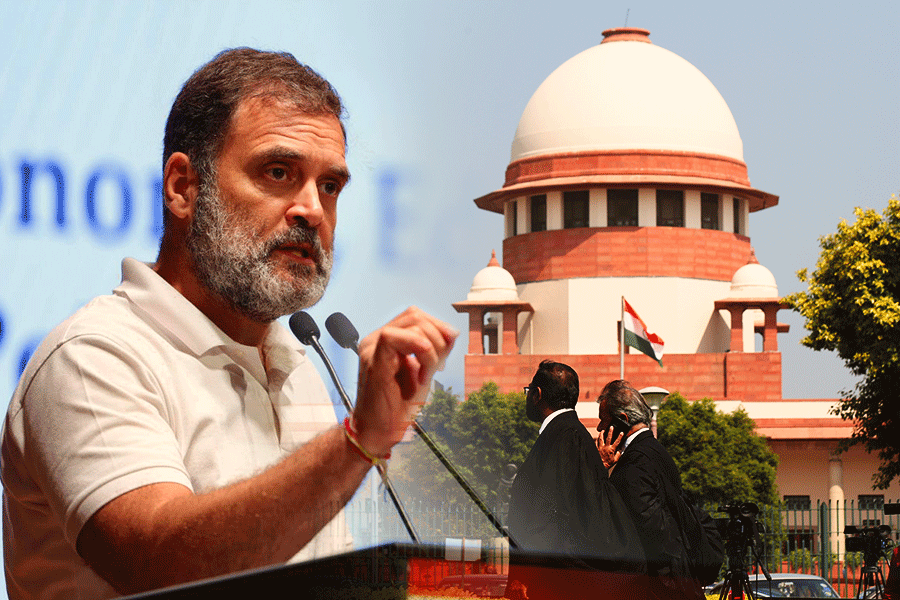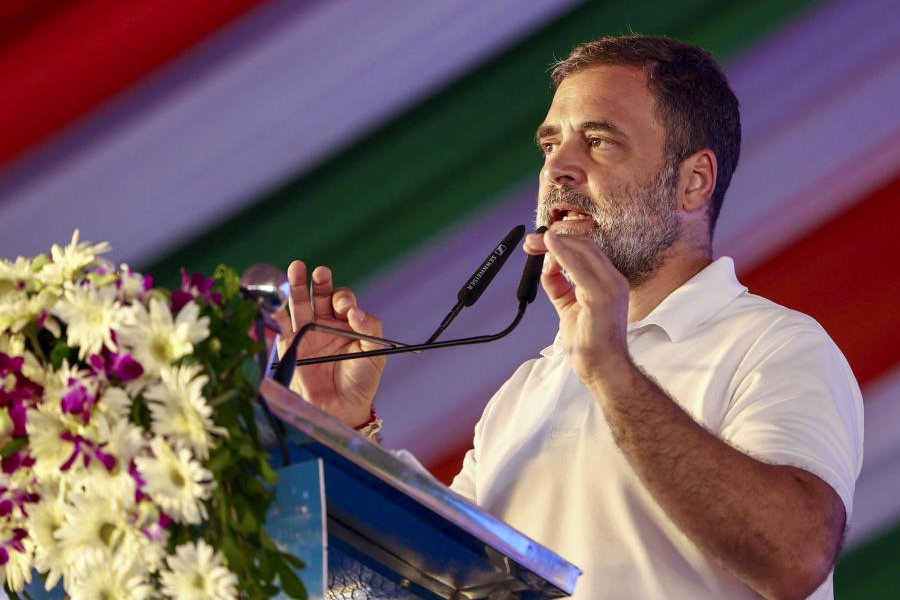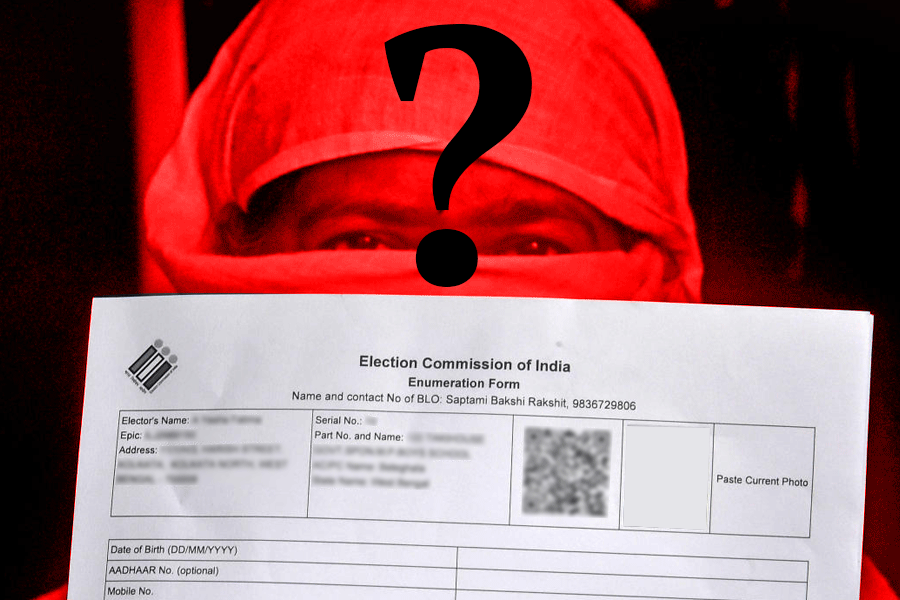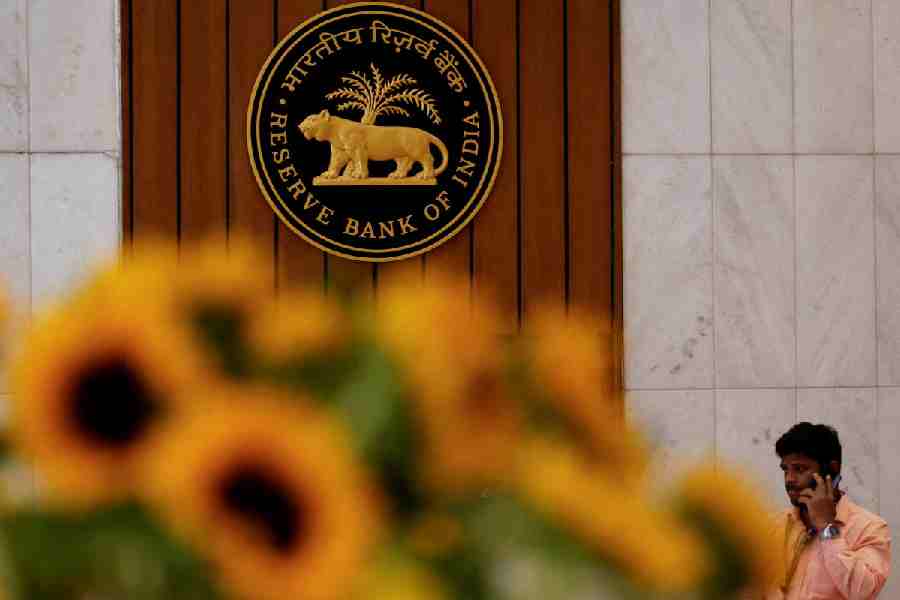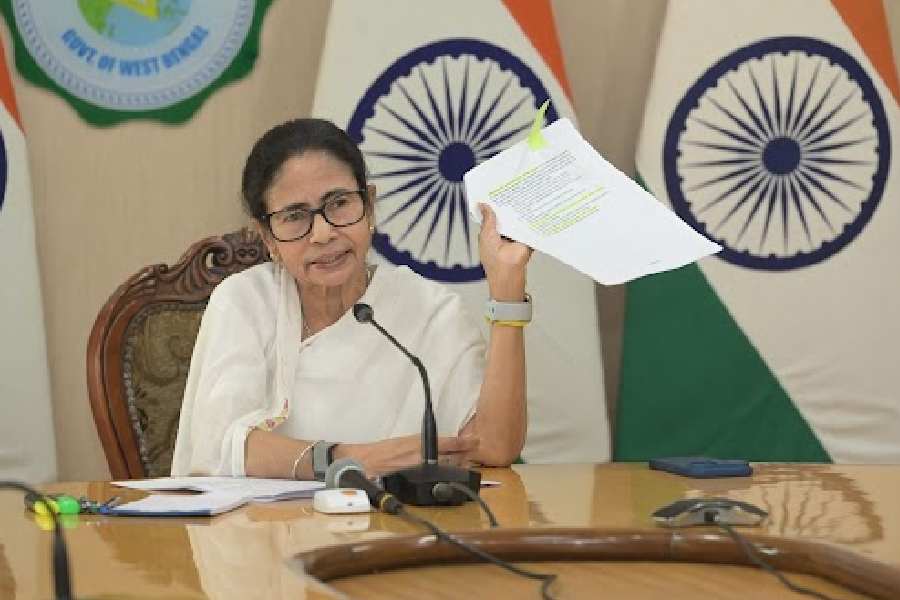The Supreme Court on Friday extended the stay on criminal proceedings against senior Congress leader and Lok Sabha leader of Opposition Rahul Gandhi in connection with a case registered in Uttar Pradesh for his remarks on Hindutva ideologue Vinayak Damodar Savarkar.
A bench comprising Justices Dipankar Datta and Augustine George Masih took note of a letter of adjournment circulated in Gandhi’s case and scheduled the matter to be heard after four weeks.
The bench also allowed complainant advocate Nripendra Pandey to file his reply during the day and permitted Gandhi to file his rejoinder to the replies filed by the state government and others within two weeks.
Senior advocate Garima Prasad, representing the Uttar Pradesh government, informed the court that the state had filed its reply opposing Gandhi’s petition seeking quashing of summons issued by a Lucknow Magistrate on December 12, 2024.
The state submitted that Gandhi’s actions were done with the intention of spreading hate and enmity within society, and argued that the order passed by the Allahabad High Court rejecting Gandhi’s plea was “justified and legal,” warranting no interference from the top court.
On April 25, the Supreme Court had stayed the proceedings but expressed disapproval of Gandhi’s comments on Savarkar.
The bench then remarked, “Let’s not mock our freedom fighters,” while terming Gandhi’s statements irresponsible. It also cautioned Gandhi that any further such remarks could lead to suo motu action.
The court pointed out that former Prime Minister Indira Gandhi had once written to Savarkar praising him.
The case against Gandhi, lodged under Sections 153A (promoting enmity between different groups) and 505 (public mischief) of the Indian Penal Code, stems from his speech delivered on November 17, 2022, during the Bharat Jodo Yatra rally in Maharashtra’s Akola district.
He referred to Savarkar as a collaborator with the British who received a pension from them.
The original complaint was filed by advocate Nripendra Pandey before an Additional Chief Judicial Magistrate (ACJM) seeking registration of a first information report against Gandhi.
Pandey alleged that the Congress leader’s remarks were intended to incite societal hatred and that Mahatma Gandhi had acknowledged Savarkar as a patriot.
In June 2023, ACJM Ambrish Kumar Srivastava dismissed the complaint. Pandey challenged the order before the sessions court, which remanded the matter back to the Magistrate.
The Magistrate then summoned Gandhi after observing that his remarks had spread hatred and ill-will in society and constituted a prima facie case.
Gandhi approached the Allahabad High Court seeking to quash the summoning.
On April 4, Justice Subhash Vidyarthi of the high court rejected Gandhi’s plea, observing that he had the option of approaching the sessions judge under Section 397 of the Criminal Procedure Code. This led to Gandhi filing an appeal before the Supreme Court.
The Uttar Pradesh government, in its reply to the Supreme Court, reiterated that there was a deliberate spreading of hatred through pre-planned actions by Gandhi and urged the dismissal of his petition.
The government maintained that the Magistrate had properly applied judicial mind in determining a prima facie case under the applicable sections of the IPC.
The matter will now be taken up by the apex court after four weeks.
(With inputs from PTI)

